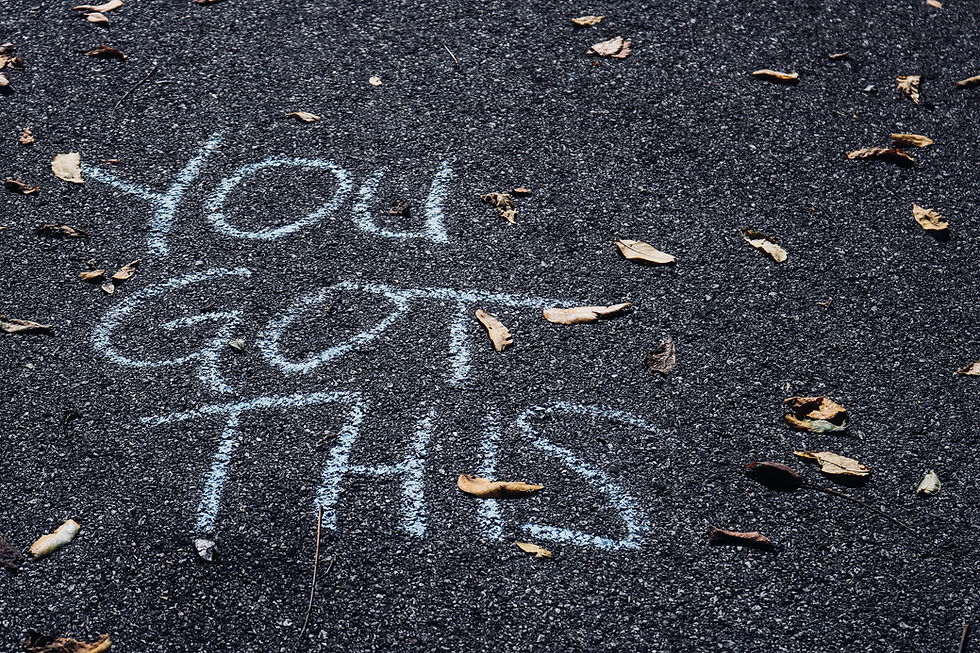From the newly updated workbook: The Path of Freedom: A Mindfulness-Based Emotional Intelligence (MBEI) workbook for Prisoners by Kate Crisp (Vita Pires):
“Reflect on this for a few moments: do you want to make changes in your life?…”
Who of us would say no?
The hurting run-away youth who sneaks into churches before they lock the door as a way to find safety from the street's darkness?
The lonely man so held in fear that he couldn’t open his heart long enough to see the blooming of love right before his longing eyes?
The young woman who checks out daily, following the same old routine of bagging groceries at whole foods while dreaming of the life she knows she’s destined to have?
Or the prisoner who doesn’t want to be transferred from his familiar medium security unit to the less-known minimum security because of his fear of change.
Each of these people – their lives, visions, sadness, and fear – share something that we all can relate to: the will to have something different show up when our lives don’t make sense to us anymore. I don’t think any of them would say they don’t want something to change.
And that is what seems to bring us to the table to change to begin to start the conversation with ourselves about how and what we can and want to change. Sitting in class today, listening to Fleet delivering the “Change: Inside out / Outside in,” I realized that is just it – as Fleet said, if we want something to change, we have to change something.
“We have to first become aware of our pain and then use that as a motivator for change.” – Fleet Maull
We all know change is not easy. Much like trying to maintain a healthy body, there is nothing easy about maintaining (and rewiring) our brains – not only does it take awareness and intention, it takes sustained effort. And thank the goodness of reality that some scientists finally discovered the art and beauty of neuroplasticity. Thankfully, we now have scientific evidence that we can, in fact, change!
Go ahead. Take a moment there to rejoice. We don’t have to be as fully neurotic as we thought. We don’t have to be as reactive as we have been. We don’t even have to run with the thought that we will never be good enough. Why? Because we can change.
And who else but us can initiate change? Sure, we can blame other people and say it’s all their fault (and maybe it is on some level), yet chances are, if we can’t own our own stuff, then we are much less likely to engage in any change talk – and change talk is where change begins.
Change will happen regardless of where we are; it is the nature of life. So, in using the true words of Fleet this morning (while speaking to men who are paroling in less than a month in our pre-release class):
“Get out there and design your life – if you don’t design your life, it will design you, it’s up to you…”
We don’t have to be in prison to get this. Or run away from our pain. Or have a broken heart. Or stagnant somewhere when we know our life is intended for much more. We can create the life we want, whether on the inside or out. It’s up to us.


Comments